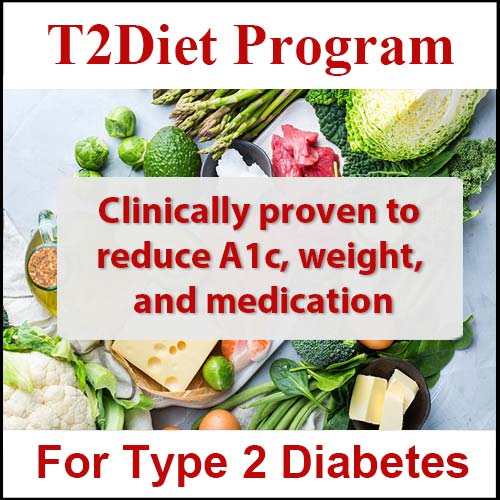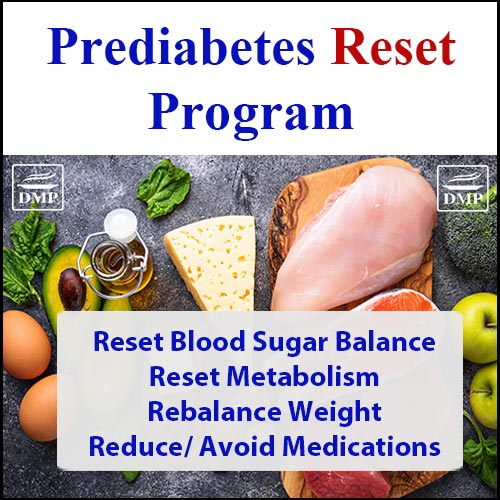Table of Contents[Hide][Show]
It’s great to see people like Dr Peter Brukner take time to release books such as The Diabetes Plan to help educate people, as the more dietary education there is, the better health Australians will have.
The reason books like The Diabetes Plan, and our programs and services are different, is they ignore the typical dietary guidelines, because quite frankly, they are wrong!
Instead, people with type 2 diabetes and prediabetes need to take a different approach and follow a low carbohydrate eating plan.
A low carb diet can help people with type 2 diabetes and prediabetes to lower blood sugar and HbA1c, lose or maintain weight, reduce medication needs, and improve overall health – that’s what the science has been demonstrating for years – and in recent years the evidence has become more and more solid.
Low carb diet for type 2 diabetes explained
The diabetes plan you need to follow to get results with type 2 diabetes and prediabetes is much easier than you think. Let’s look closer at two example diets.
The Typical Diet Approach – doesn’t get results
Take a look at the food pyramid we’ve all been told to follow over the years.
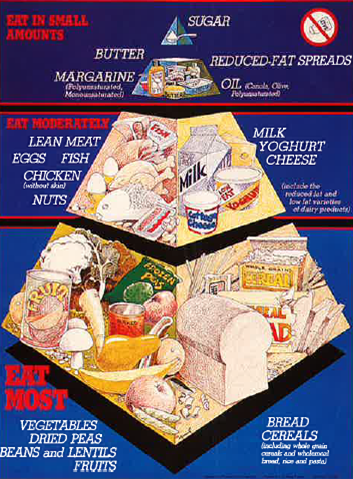
Image source: Nutrition Australia
You’ve probably been following a version of this food pyramid for years. This is the wrong dietary advice for people with type 2 diabetes (and mostly everyone else) so that’s not your fault, it’s the fault of the system.
Percentages for nutrients in the Australian Dietary Guidelines are based on the following for an average 2000 cal/8368 kj energy intake:
- 45–65% carbs
- 225-325g per day
The Australian Dietary Guidelines promote a low fat, high carb diet – this is not going to help with blood sugar control or type 2 diabetes health!
The Best Diabetes Diet Plan – to get long term results
In contrast, take a look at DMPs food pyramid, which we created in 2015 and our members have followed for years to get and maintain amazing results.
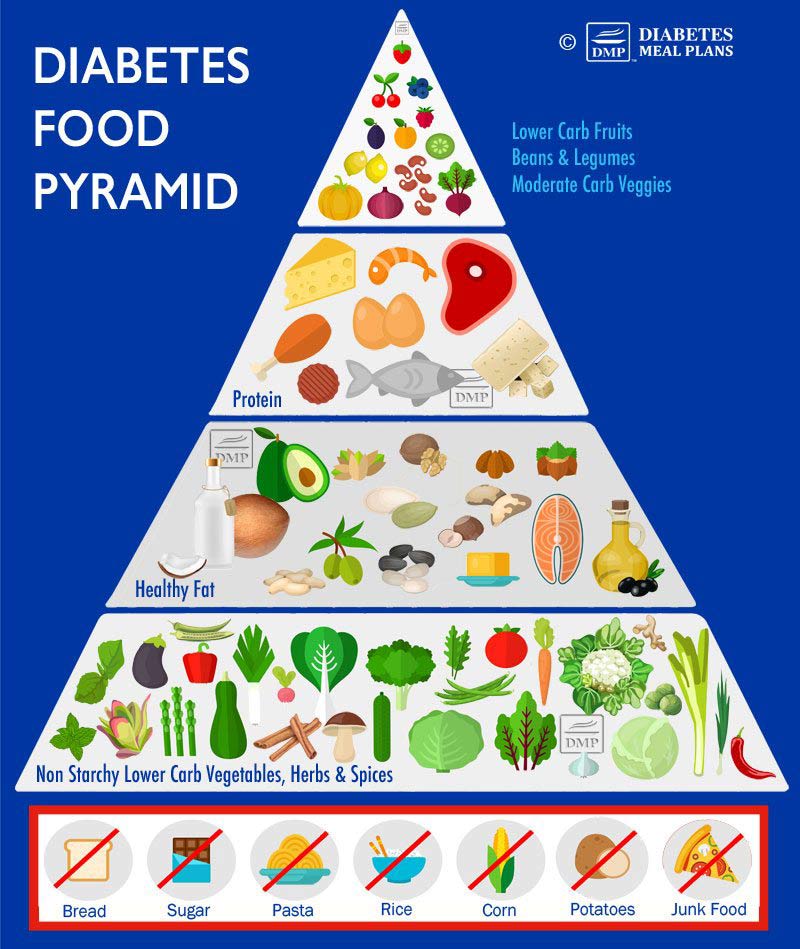
This is a low carb diet, which excludes or minimises high carb foods (mainly starches like pasta, potatoes, noodles, rice, bread, flour and flour based products); and as you can see, it also contains no processed foods.
Percentages for low carb diets vary, but are based on the following for an average 2000 cal/8368 kj energy intake:
Low Carbohydrate
- 10-<26% carbs
- 50-130g per day
Ketogenic Low Carbohydrate
- <10% carbs
- <50g per day
Low carbohydrate diets, such as what we recommend here at DMP, have shown to be easier to follow long term. We encourage people to aim for a maximum of 100 g carbs per day.
Why low carb for type 2 diabetes?
The reason carbs make all the difference is that, compared to other nutrients, carbs have the biggest impact on blood sugar levels.
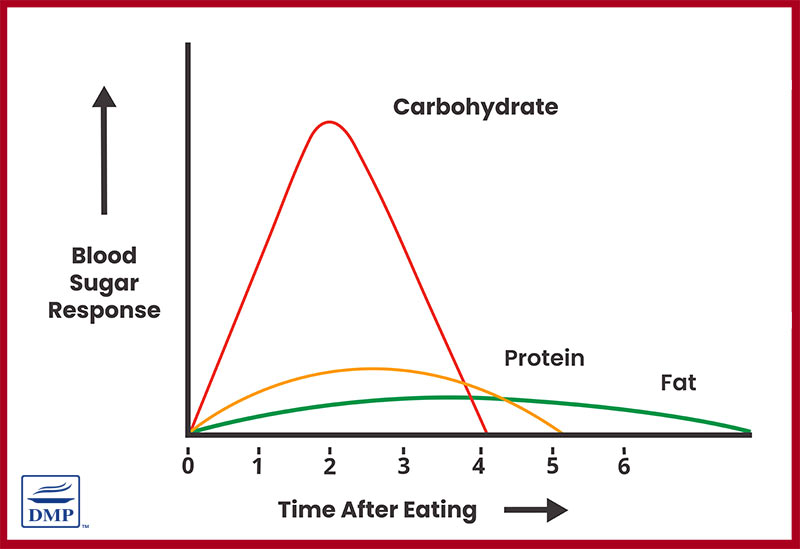
Carb reduction and counting have always been taught to people with type 2 diabetes, because this has always been something we’ve known.
By reducing higher carbohydrate foods, you can instantly change your daily blood sugar levels, which reduces your HbA1c result.
Not only that, reducing carbs helps reduce insulin levels, which improves insulin sensitivity, fatty liver, blood pressure, cholesterol, and your overall metabolism and health – it really can be life-changing!
How to get started with low carb eating?
You might think it all sounds difficult but the goal when you go grocery shopping is to skip the processed and packaged foods as much as possible, and head to the fresh food sections of the store.
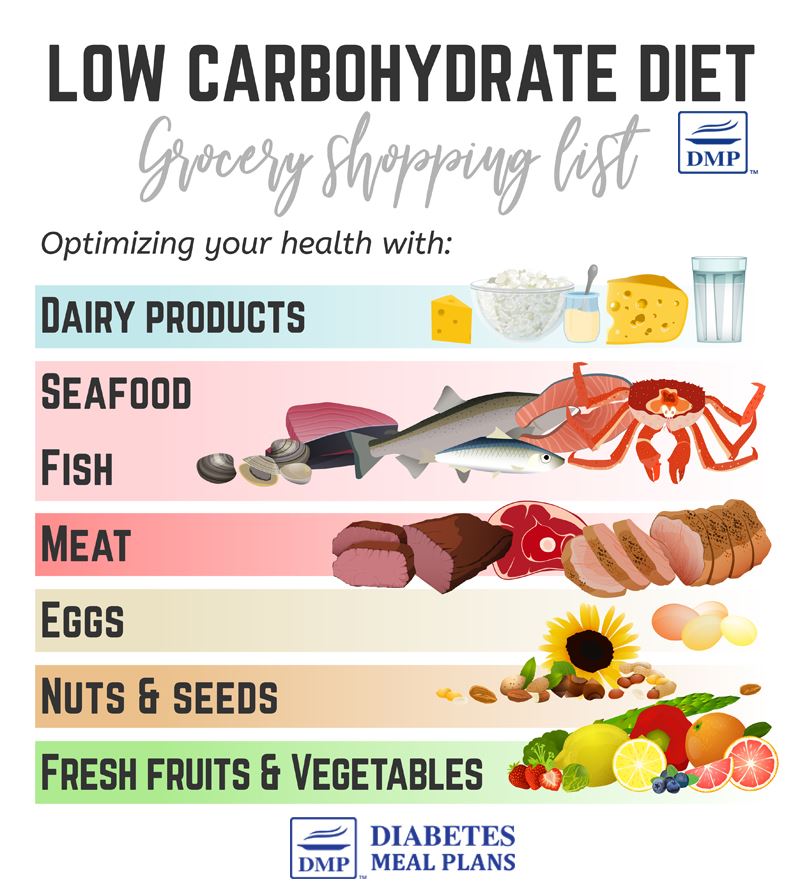
Fresh natural whole foods are the types of foods our body needs to function properly and reverse type 2 diabetes and prediabetes.
CLICK HERE to grab a free copy of our recommended food list.
Join Us As A Member
Here at DMP, our founder Dr Jedha has been researching low carb nutrition for people with type 2 diabetes and prediabetes for a decade. We’re proud to say that our online nutrition service has helped thousands of people completely transform their health!
Sheryl (4 yrs following our plans) said: “My health has improved dramatically. At 70 years old, my HbA1C continues to be under control. My cholesterol continues to be controlled. I maintain lower medication.”
Check out our memberships and join us today – we’ll support you to achieve your best health possible!

